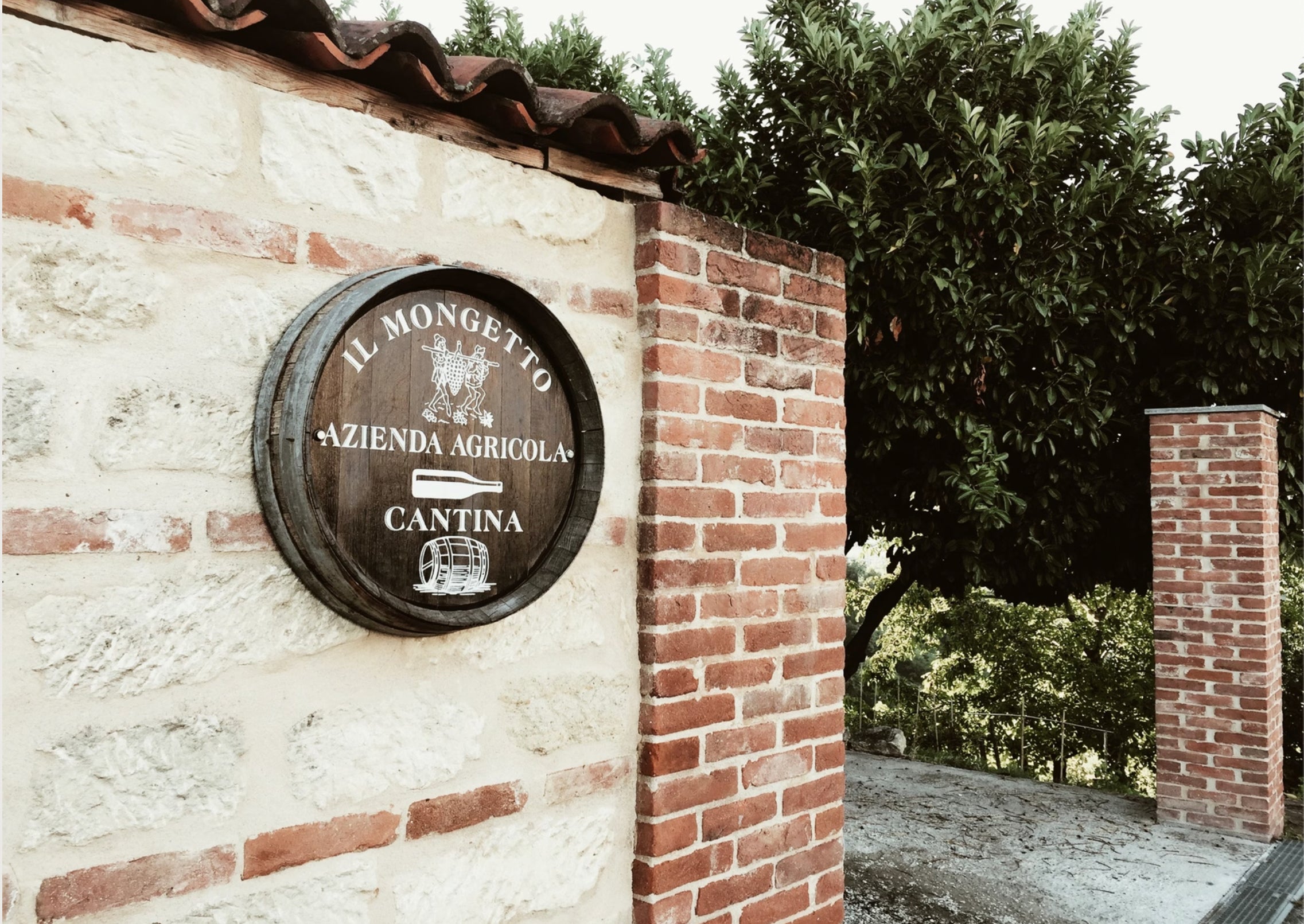Roberto Santopietro has been a passionate ambassador of Piedmont cuisine since 1981. He made the traditional antipasti, sauces, creams, and jams internationally known. One of his rediscoveries was the small cherry peppers.
It was Nonna Palmira's black recipe notebook that Roberto Santopietro and his wife Margherita absorbed about 40 years ago, which sparked their small production. It all began with Mostarda d’Uva, the grape-nut jam that pairs so well with the cheeses of Piedmont. Today there are 65 different recipes, some from the grandmother, but also from other households. Il Mongetto is now a cooperative consisting of seven members.
Originally, only Roberto and his brother Carlo devoted themselves to agriculture and processing, which also includes viticulture. Both are career changers, a kind of culinary hippies, born and raised in Milan, but strongly drawn to agriculture and gastronomy. When Carlo Petrini founded Slow Food in Bra, Piedmont in 1986, Roberto was one of the first members.
The brothers owe their choice of Vignale in Basso Monferrato to their mother, who comes from the neighboring village.
Fish and salt were ingredients that originally did not exist in Piedmont, but were vital and sought after, especially salt. So the Piedmontese traded with Liguria, but on the way back from the sea they hid the salt under the fish to avoid the salt tax. This is how specialties are created.
Fish and salt were ingredients that originally did not exist in Piedmont, but were vital and sought after, especially salt. So the Piedmontese traded with Liguria, but on the way back from the sea they hid the salt under the fish to avoid the salt tax. This is how specialties are created.
Unusual grape varieties and wines
Carlo Santopietro, winemaker and host of Dré Castè, the beautiful agriturismo of Il Mongetto, is both a lover of typical grape varieties and a follower of Giacomo Bologna, who initiated the aging of Barbera in barrique barrels in Piedmont.






